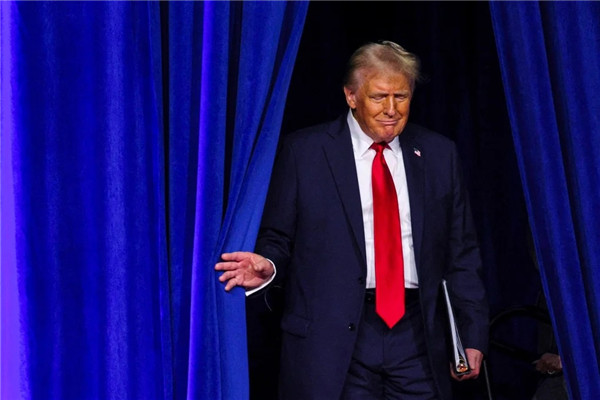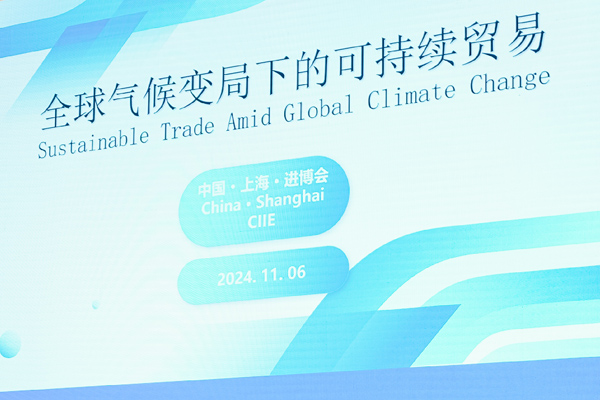China Tariff Delay An Election Gambit
August 15 , 2019U.S. President Donald Trump’s delayed imposition of tariffs on a range of China exports until mid-December is a bid to keep consumers onside ahead of the busy holiday shopping period and not upset his 2020 re-election campaign, China government advisors told MNI.
By pushing back the introduction of duties on cellphones, laptops and other consumer items, any adverse impact on domestic shoppers before the Christmas seasons should be avoided, and Trump could seek increased agricultural product exports to China in exchange, said Mei Xinyu, a researcher at Chinese Academy of International Trade and Economic Cooperation affiliated with the Ministry of Commerce.
Trump’s decision to back away from his September 1 deadline to impose 10% tariffs on the currently untaxed $300 billion in Chinese imports indicates that he may have realized that “putting extreme pressure” on China won’t work, as China is prepared to play hardball, according to Wang Yong, a senior fellow at Center for China and Globalization (CCG), a think tank which advises Beijing on policies regarding globalization and international trade issues.
–MIXED HOPES
“China does not hold out much hope on reaching a deal with the U.S.,” said Wang, who is also a professor of international political economy at Peking University, noting Beijing could let the situation drag on if no agreement was reached. In contrast, President Trump must find a deal with China, as increasing downward pressure on the U.S. economy could be an electoral liability in the run-up to the 2020 vote.
Trump’s latest move came after phone conversations between Beijing and Washington’s senior trade representatives, who agreed to continue negotiations by phone over coming weeks, without confirming talks previously scheduled for early September.
Wang believes it is possible that the U.S. could delay duties on all remaining Chinese imports, if those talks go well. And both advisors believe there still is a possibility of reaching an agreement.
Wang is more optimistic that a deal could be reached by the end of this year, as it would be in Trump’s best interest. “It will be harder for Trump to close a deal with China after February next year as the election campaign heats up, as the Democrats would blame him for not being tough enough on China, no matter how the deal looks,” said Wang.
–FINANCIAL WAR
Neither rule out the possibility of further escalation given Trump’s propensity to flip-flop, although Wang thinks it is unlikely for the trade war to expand into the financial sector.
“Trump is unlikely to take further action after labelling China as a currency manipulator, as he couldn’t gain support from his own government, the IMF or his allies,” Wang said.
Mei, however, thinks the two countries have been engaged in a “financial war” since the dispute started, as the war of words has constantly shocked the stock markets in both countries.
Mei says China’s retaliation should not be limited to trade in goods, but should also cover the financial sector, including selling U.S. Treasury bonds and hitting the U.S. stock market. For example, China could choose the timing of announcing countermeasures, such as before the U.S. market open, to magnify the damage, he said.
Mei warned, however, that dumping U.S. Treasury bonds should be a last option, as the holdings were a common interest helping to keep the countries from deeper conflict, but one Beijing must consider if Washington looked as if it would “seize or freeze the T-bonds held by China”.






